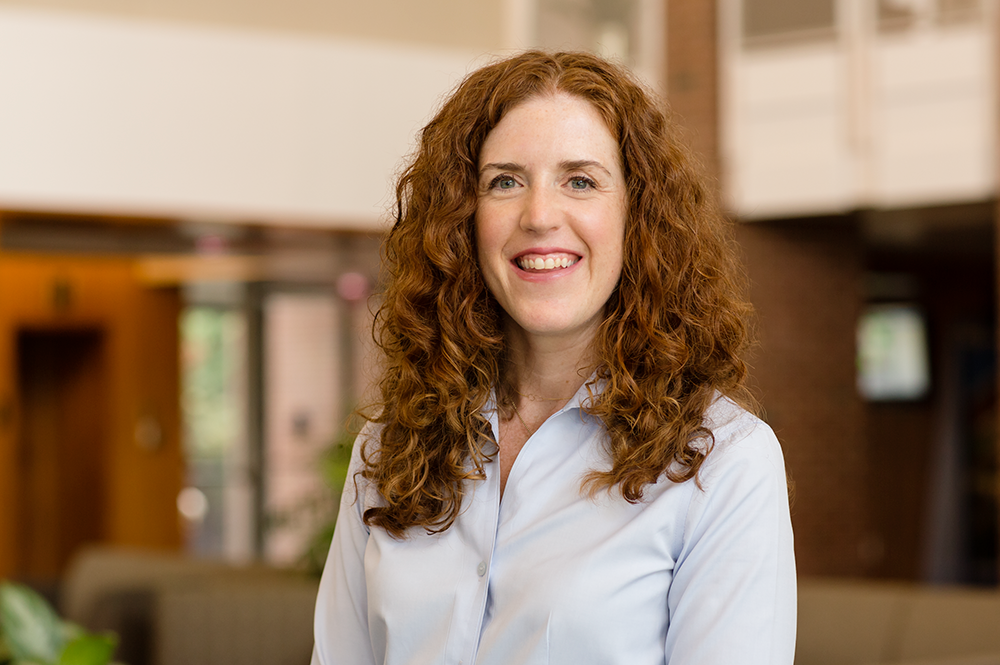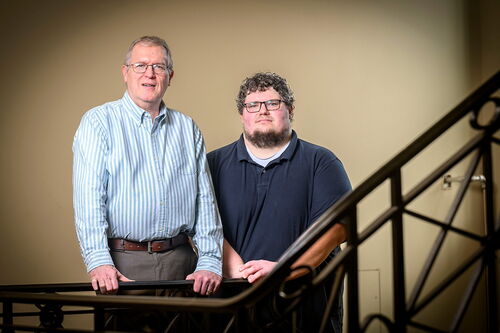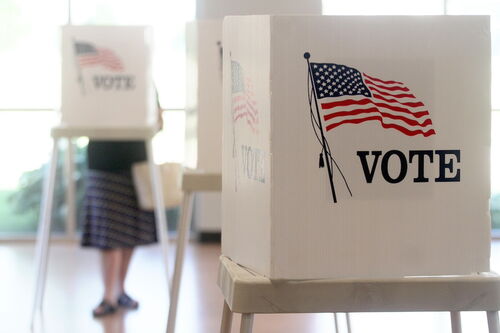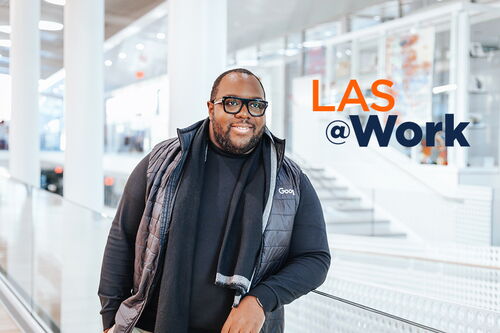The path to political reconciliation

What’s an effective platform for discussing moral theories, political reconciliation, and President Donald Trump? Colleen Murphy, professor of philosophy, political science, and law, knows one: Twitter, of course.
Then again, if not for Trump’s famous Twitter account, the social media platform might not even register as a place to discuss the finer points of political recovery and reconciliation. But Murphy, who wrote “A Moral Theory of Political Reconciliation,” a 214-page book on the subject, is also active on Twitter, with more than 1,100 followers.
In November, she used a string of 140-character Tweets to share her thoughts on the prospects of political reconciliation in the United States in wake of Trump’s election.
“See increasing calls for unity & #reconciliation post-Election. Certain conditions must be in place for such calls to be morally justifiable,” she wrote in one Tweet on her account, @drcolleenmurphy, on November 11.
She continued: “Public officials represent the values of our community. What they accept & condemn express what they take the values of our comm to be.”
The significance of those words has lingered through Trump’s inauguration. Murphy said the aftermath of his electoral victory triggered conversations among many citizens concerned about full protection of their rights and equality—and how much reconciliation is needed.
Reconciliation is a term that has been contested and challenged by many, she said. It can be seen everywhere, ranging from everyday life to various political systems such as South Africa’s Truth and Reconciliation Commission, and Fiji’s Reconciliation, Tolerance, and Unity Bill. Murphy encouraged people to consider reconciliation from a holistic point of view.
As she mentioned on Twitter in November, reconciliation is needed when relationships are damaged, and to do so, you must acknowledge and condemn the source of the damage.
“I do not define reconciliation as forgiveness,” Murphy said, later. “Forgiveness implies that there is a need to overcome anger and resentment. These negative emotions, however, contain a moral judgment that one has been wronged, and that judgment is justified in the case of victims. Urging the overcoming of anger and resentment risks failing to recognize or take seriously the truth of the moral judgment these emotions express.”
Murphy explained that questioning the seriousness of one’s emotions shifts focus from the problem to the validity of the feelings that are caused by the problem.
“This places the burden of relational repair on victims of wrongdoing, and creates a real risk that those calling for forgiveness or reconciliation will fail to recognize that victims were wronged and that being angry or resentful when one is wronged is a legitimate moral response," she said.
When considering who is responsible for starting the reconciliation process, Murphy said that you have to determine who was responsible in the first place. Via Twitter in November, she suggested a starting point: “The campaign rhetoric of @realDonaldTrump gave implicit permission to citizens to engage in hate attacks we now see,” she wrote.
Later, Murphy said that when mapping a route to reconciliation, it is also important to remember that relationships don’t just include one person.
“There has to be a reciprocity between citizens and government officials, and we have to remember that relationships are always a two-way street,” she said. She added that real reconciliation depends on rebuilding and fostering trust.
“When I trust someone, I presume they are competent and understand their role and lack ill toward me,” Murphy said. “When I place trusting reliance on someone, I expect that they will not use that trust to manipulate or exploit me.”
What’s one of the best tools for reconciliation? Action, Murphy said.
“When there is distrust, talk can be cheap,” she said. Real reconciliation can’t be forced or done without action, but it is possible.
“It takes time, and it is not” easy, Murphy said.








